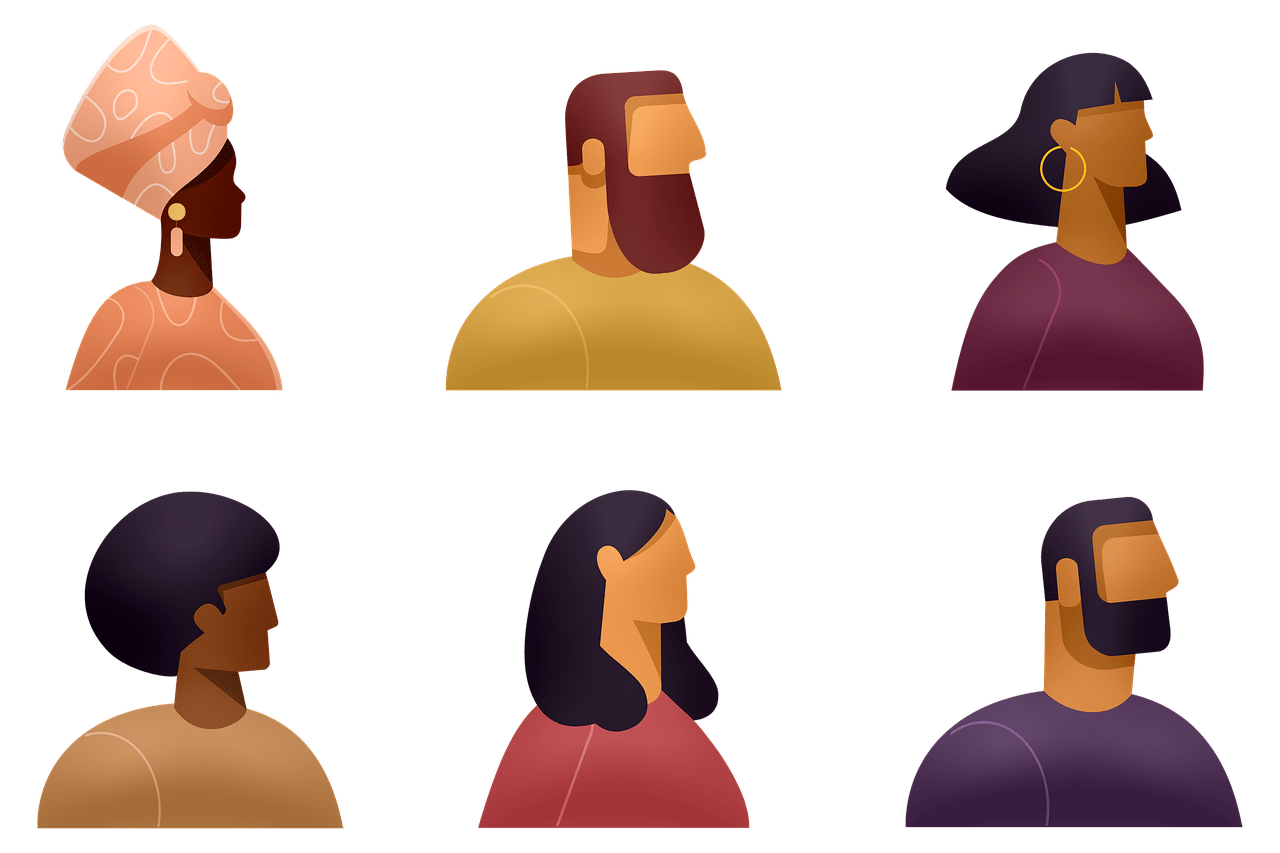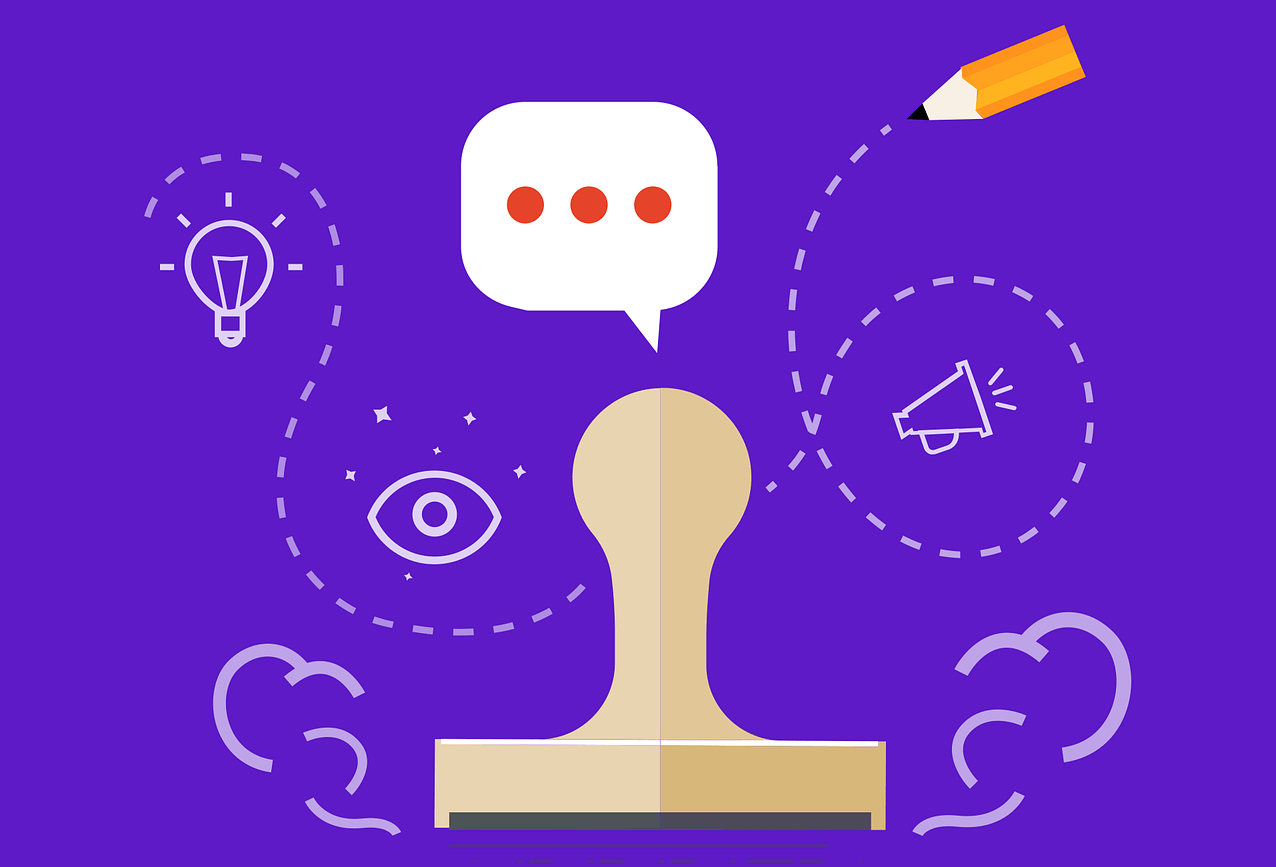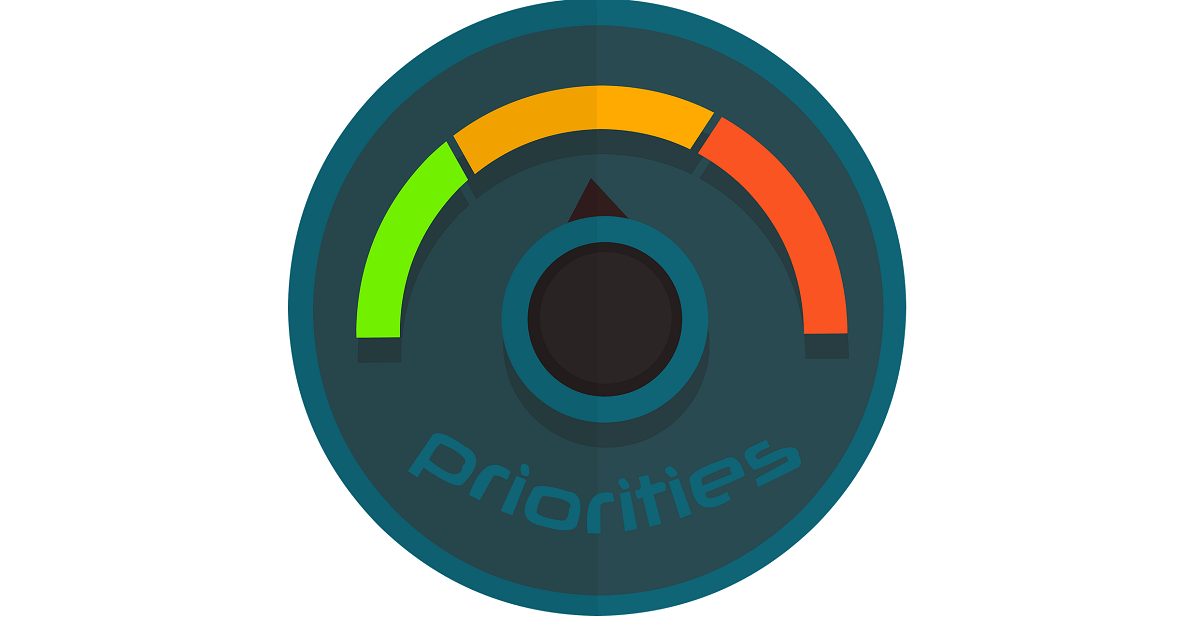Creating Customer Personas for Real Estate Marketing
How Real Estate Personas Help Agents Better Target Their Audience and Close More Deals?

It is no secret. All the big brands and those who have made it in the market have something in common: well-defined audience/buyer personas. It means they all know who they are talking to/dealing with/ selling to. It is convenient to consider your audience as a whole homogenous group, but it will not help you much. Real estate marketing is no exception and agents can and should take advantage of real estate personas. Let’s go through what personas are and also how they help agents in their marketing efforts.
What Is A Real Estate Persona?
You might have heard buyer personas a couple of times so far but still do not have a clear idea of what they are and why they are important in any given business. Well to put it in a nutshell:
Persona is a semi-fictional, generalized character you invent to represent a group of your ideal customers who share common traits.
Depending on the size of your business and the variety of services and products you offer you may have 1-2 or more than 20 personas. Each of these personas represents a group of people who have shared traits in common. Personas allow you to group your customers into segments. For example, if any of your clients are married men in their 40s looking to move to a bigger house, you create a persona for this segment of your customers and call him Jim. Jim represents all the potential clients who are married men, in their 40s, and planning to move to a bigger home.

Read More: Content Marketing in Real Estate: How to Get Attention and Stay Relevant
The Makeup of a Real Estate Persona
Personas are groups of people who are alike. Who they represent can be your past, present or potential clients. They are also the central point of focus for your marketing efforts. Why? Because they are the people on the other end of your marketing messages. They are the ones who receive these messages. You want to tailor the message to fit the receiver. After all, a married man in his 40s will generally have different priorities than a single man in his 20s.
When you create a real estate customer persona, you’ll include not only demographic factors like age, gender, occupation, and location, which are the elements that define your target markets. Creating real estate customer personas entails including more parameters in the process. These add-ons zero in on behavior patterns and psychographic factors, such as the customer’s likes, dislikes, pain thresholds, and motivations.

Finally, creating a real estate customer persona helps you close more deals. Buyer personas (also known as customer personas) help you connect with your ideal customers more personally, based on mutual goals and motivations. This way, you can form connections on a human basis. Doing so then helps your brokerage stand out as one that really knows and cares about its customers.
Read More: How to Find Your Real Estate Niche
Why Agents Should Develop Real Estate Personas?
In a nutshell, customer personas help you better understand the thinking of your customers. In so doing, it puts you in a vantage position to, improve your marketing communication initiatives.
You can identify and tap the communication channels popular among your customers. Customer personas let you fine-tune the marketing content that specifically appeals to your customers and addresses their specific needs and concerns.

You now know why personas are important in business in general, but you might wonder how personas will help agents specifically. Here are the answers to your questions:
- Targeting: You can identify people who are most likely to use your services. Personas also prevent agents from spending money and advertising on people who do not want or need your services. Agents get better at designing high-performing ads.
- Messaging: Identify the main problems and obstacles of this persona so that you can develop relevant and appealing messages to market your services. Personas help tailor and customize the messages agents are going to use before engaging clients and prospects.
- Pinpointing: You can target a group of people who are most likely to buy your services rather than spreading yourself thin and trying to target everyone who may not be even interested in your services. Agents can better predict and prepare for problems potential clients might have with a certain process or property.
Read More: How Do You Do SEO in Real Estate?

How to Create Real Estate Personas
Your customers are divided into many different groups. The goal here is to classify a major part of them into core and main personas. The best-defined personas are the result of:
- Market research
- Insights you gather from your actual customers.
Tip: You need to have 2 categories of personas: 1 for buyers and one for sellers. depending on the size of your business each category can have 1 or more personas.
To define real estate personas from your actual customers:
1. Understand Current and Prospective Clients
One of the mistakes made while developing personas is defining abstract characters. They should be a life-like representation. Someone you can imagine clearly and feel it. For instance, think about your happiest clients. The ones you dealt with in the past or those you are working with now. Pick five to 10 individuals with whom you have established good relationships and interview them. Even those who will be working with you in the future. You might need to contact them for information.
Questions for your sample group:
- Age
- Gender
- Education
- Occupation
- Location
- Online source of getting info
- Family Status
- How much money do they make?
- Which type of property are they looking for?
- How experienced are they in real estate?
- Which type of content appeals to them most?
- What is their goal in looking for an agent?

2. Obstacles and Challenges
Draw from these prior customers the hurdles that they faced in the process of your prior dealing with them. Then, determine the potential deal-breakers that they encountered or other negative things that bothered them. Additionally, you should seek the alternatives which they would have preferred. Information from the experience of these customers is valuable for you in avoiding similar situations in the future.

3. Goals and Needs
Using the initial inputs from your 5-to-10 customer samplings, establish the needs and goals that dictate the life directions of these subjects. Learn what their long-term aspirations are regarding their careers, income, or investment opportunities, as well as domicile and lifestyle preferences. Given this deep insight into the life objectives of your customers, you can develop a marketing roadmap precisely suited to their type of personalities.

4. Analyze and Adopt Appropriate Web Content
Determine the online messaging best suited to the real estate customer persona that you have identified. In addition, take into account the communication channels that this particular customer prefers to access or use for their own messaging. Finally, apply this customization as you come up with ad or website copy, e-books, articles, newsletters, social media posts, and calls to action. In doing this, keep your messages always aligned with the goals and needs of the customer. Likewise, always address this persona’s concerns in all of your messaging.

5. Create the Customer Personas
Name the customer persona, highlighting the customer’s dominant characteristic based not only on their demographics but also on their demeanor or idiosyncrasies and even physical features. For easier recall, the names that are typically adopted for real estate customer personas are alliterations that best describe specific customers like Starter Stan, Techie Tony, or Caring Carl. You can even allocate a face to the persona to make it more tangible.

Try to limit the real estate customer personas that you create from three to five of your core clientele. This way, you can really focus on the segments that deliver positive results in real estate marketing, but of course, depending on the size of your business you can have more personas.
Of course, remember that as an agent you have two sets of personas. Buyer and Sellers. You can not out them in the same persona. At least one persona is needed for each of these categories.
Final Words
Buyers’ personas are some of the most important assets real estate agents need to use in their marketing efforts in order to organize and properly direct their actions and the steps they take. However, many agents ignore such a powerful concept as they consider them to be of trivial importance.
Real estate personas can have many benefits. For example; preventing spending to target the uninterested, and better shaping and tailoring your messages to your audience. Without developing personas you are shooting in the dark.
We recommend all agents not take any further steps before developing their client personas. Once you have them defined, you will get more out of the time, money, and energy you put in.

What is a real estate buyer persona?
A persona is a semi-fictional, generalized character you invent to represent a group of your ideal customers who share common traits.


6 Comments